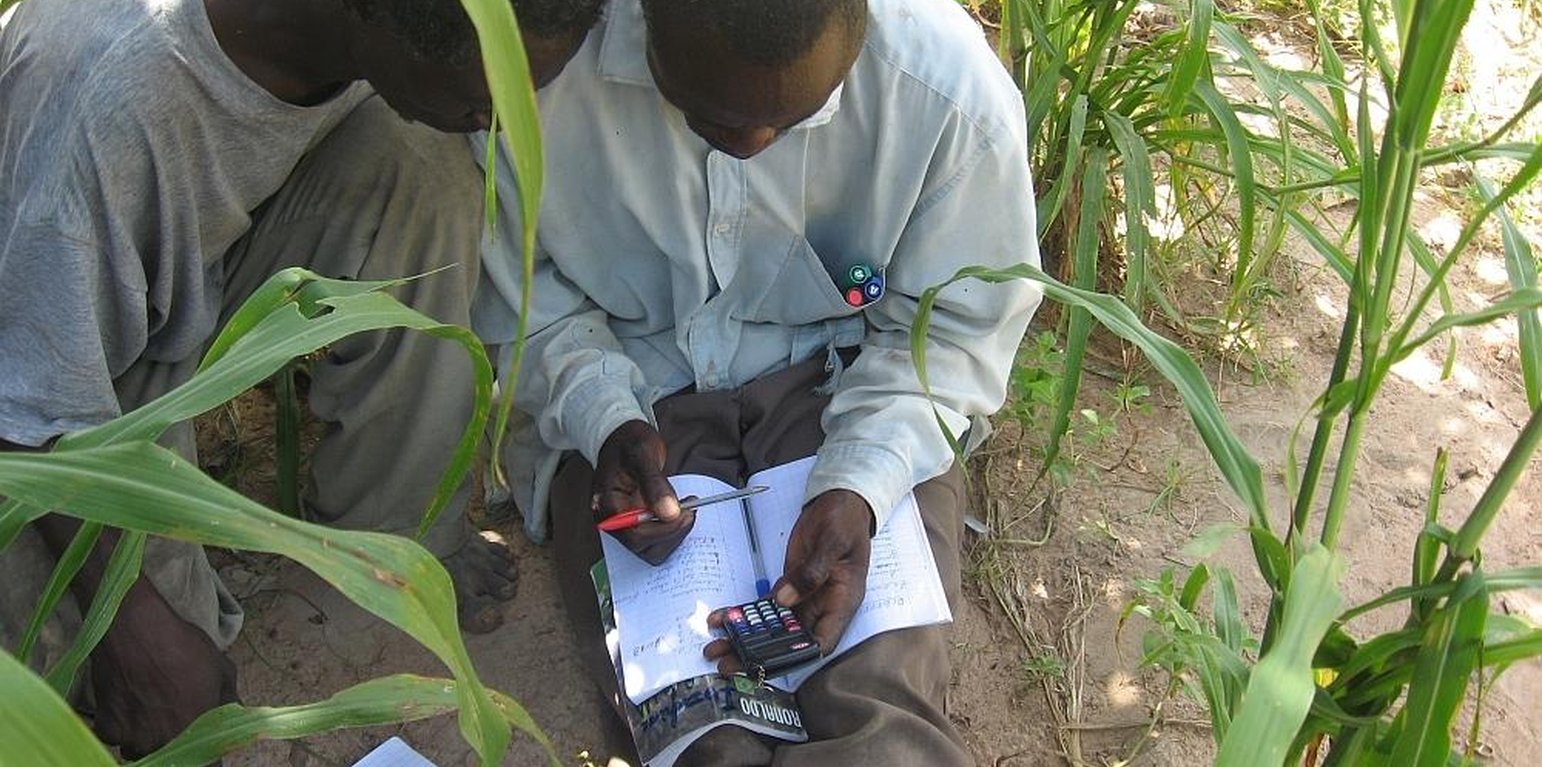



This approach aims to promote a sustainable and inexpensive advisory support model for farming by training up a pool of expert farmers to spearhead the dissemination of agricultural innovations. This involves establishing local resources in places where public technical services are lacking or non-existent.
Farmer Apex Organisation (FaAO) identify local experts who possess relevant know-how and then develop their capacities for teaching and facilitation. A network of farmer resource persons (FRPs) is then gradually built up to provide advice and training according to the on-the-ground needs of farmers working in different areas such as farm management, rice growing, nurseries and transplanting, compost making, contour farming, combatting erosion, shea management, creating a ridge-furrow system, seed production, conserving produce, market gardening techniques, water management, fish farming, etc.
The apex organisations nominate their resource persons. With the support of technical partners, they then categorise FRPs according to their qualifications, expertise and communication skills. The support structure strengthens the capacities of FRPs according to their needs. These resource persons set themselves up as experts, offering their services to other farmers. PRPs benefit from group capacity building exercises in advocacy and facilitation, and their technical capacities are built according to individual needs and the requirements of the market. Once trained, FRPs can organise themselves (into economic interest groups, cooperatives, etc.) and then provide services as requested by farms, local authorities, apex organisations and support partners. Service provision is remunerated in several ways and in accordance with the means of the client: in kind, lump sum, fee-based payment, compensation, etc.
Role of stakeholders: The apex organisation identifies, categorises and mobilises the FRPs and participates in monitoring and evaluating the implementation of the system. The support structure supports the process of identifying and categorising the FRPs for training. It organises thematic training and monitors and evaluates implementation. The territorial community promotes the scheme and mobilises FRPs. Technical services build the capacities of FRPs through the provision of training and advisory support.
Other important information: FRPs provide services to their FaAO members and others. In 2011, two groups of experts (UFROAT and Cèsiri) earned more than 7,000,000 CFA francs in service provision (training) takings. FRPs are employed by other organisations, such as the Rural Community Support Project (PACR), World Vision, LuxDev and the Agricultural Sectors Support Programme (PAFA).
สถานที่: Sikasso (Koutiala, Yorosso), Ségou (Bla, San, Tominian), Mali, มาลี
วันที่ริเริ่ม: 2007
ปีที่สิ้นสุด: n.a.
ประเภทของแนวทาง| ผู้มีส่วนได้เสียหรือองค์กรที่นำไปปฏิบัติใช้มีส่วนเกี่ยวข้องกับแนวทางนี้อย่างไร | ระบุผู้มีส่วนได้ส่วนเสีย | อธิบายบทบาทของผู้มีส่วนได้ส่วนเสีย |
| ผู้ใช้ที่ดินระดับท้องถิ่นหรือชุมชนระดับท้องถิ่น | ||
| ผู้เชี่ยวชาญ SLM หรือที่ปรึกษาการเกษตร | ||
| องค์กรพัฒนาเอกชน | ||
| รัฐบาลระดับท้องถิ่น |
การตัดสินใจถูกทำโดย
การตัดสินใจถูกตัดสินอยู่บนพื้นฐานของ
Individuals selected as potential FRPs already have a wealth of talent and know-how. This practice aims to further add to this knowledge and expertise and ensure it is disseminated effectively. The system aims to install a local support system, building on existing competencies.
A network of farmer resource persons (FRPs) provides advice and training according to the on-the-ground needs of farmers working in different areas such as farm management, rice growing, nurseries and transplanting, compost making, contour farming, combatting erosion, shea management, creating a ridge-furrow system, seed production, conserving produce, market gardening techniques, water management, fish farming, etc.
Availability of low-cost local experts; consideration of local knowledge when resolving local problems (local advice)
FRPs are employed by other organisations, such as the Rural Community Support Project (PACR), World Vision, LuxDev and the Agricultural Sectors Support Programme (PAFA).
Once trained, FRPs can organise themselves (into economic interest groups, cooperatives, etc.) and then provide services as requested by farms, local authorities, apex organisations and support partners.